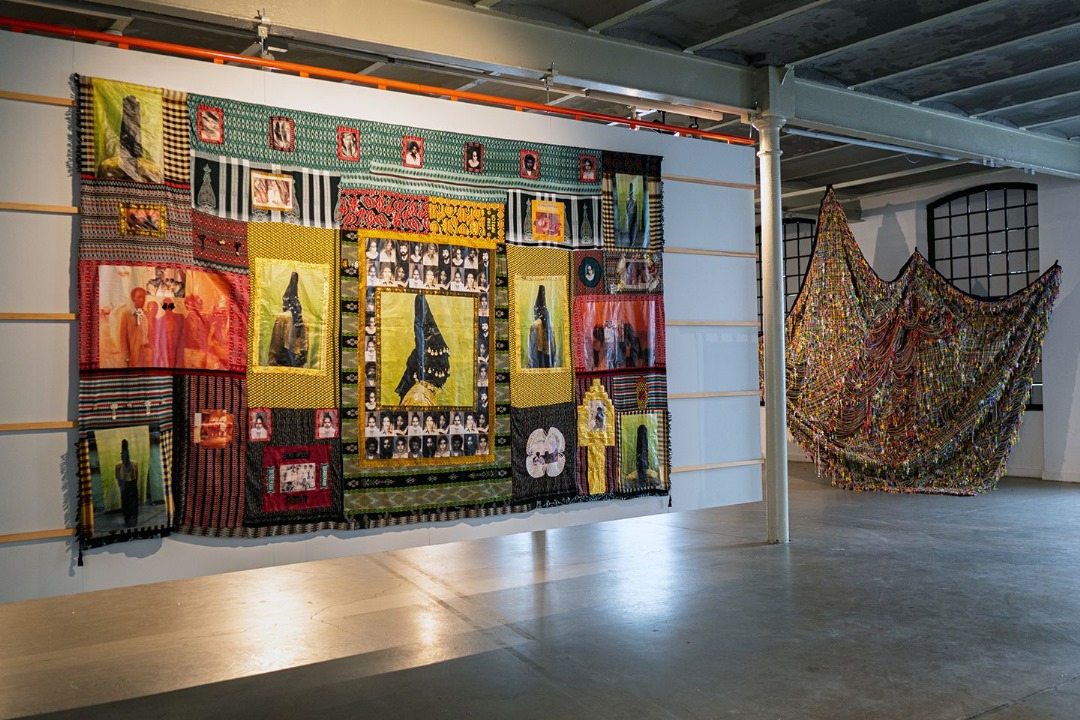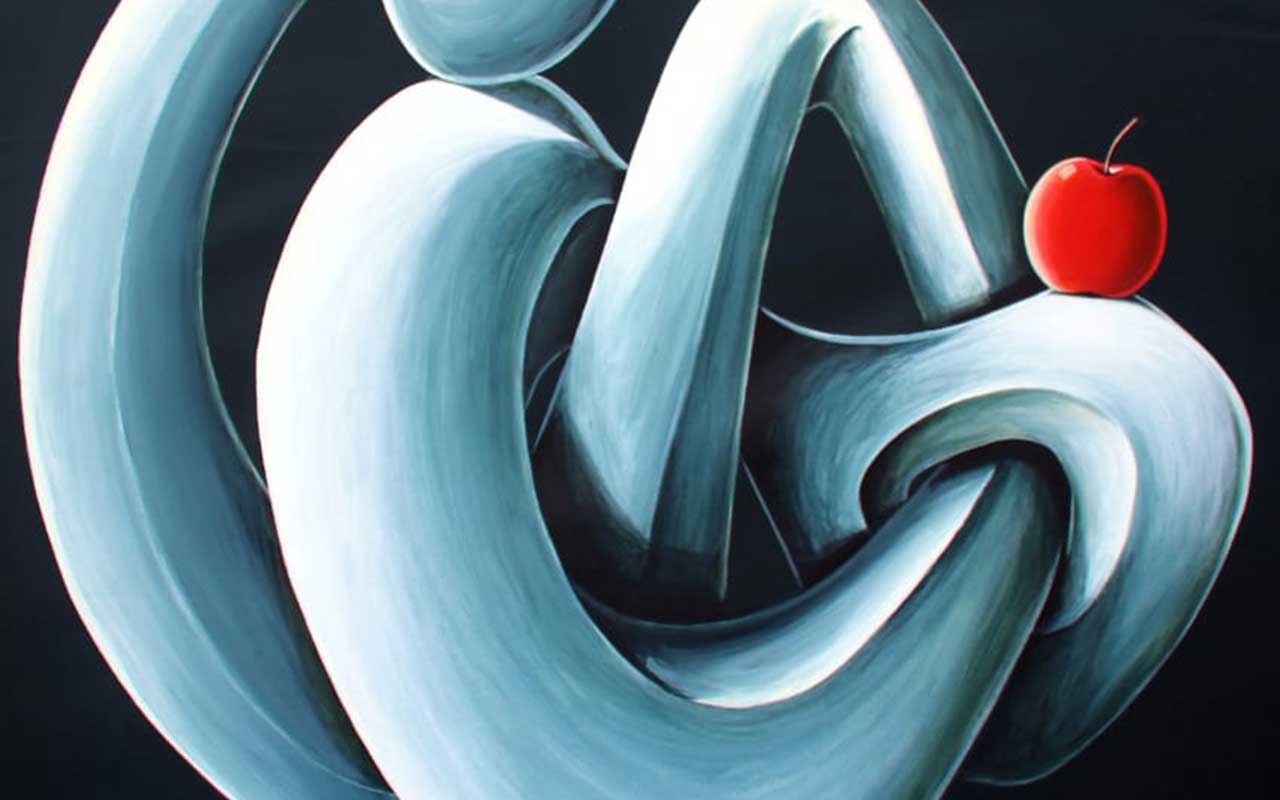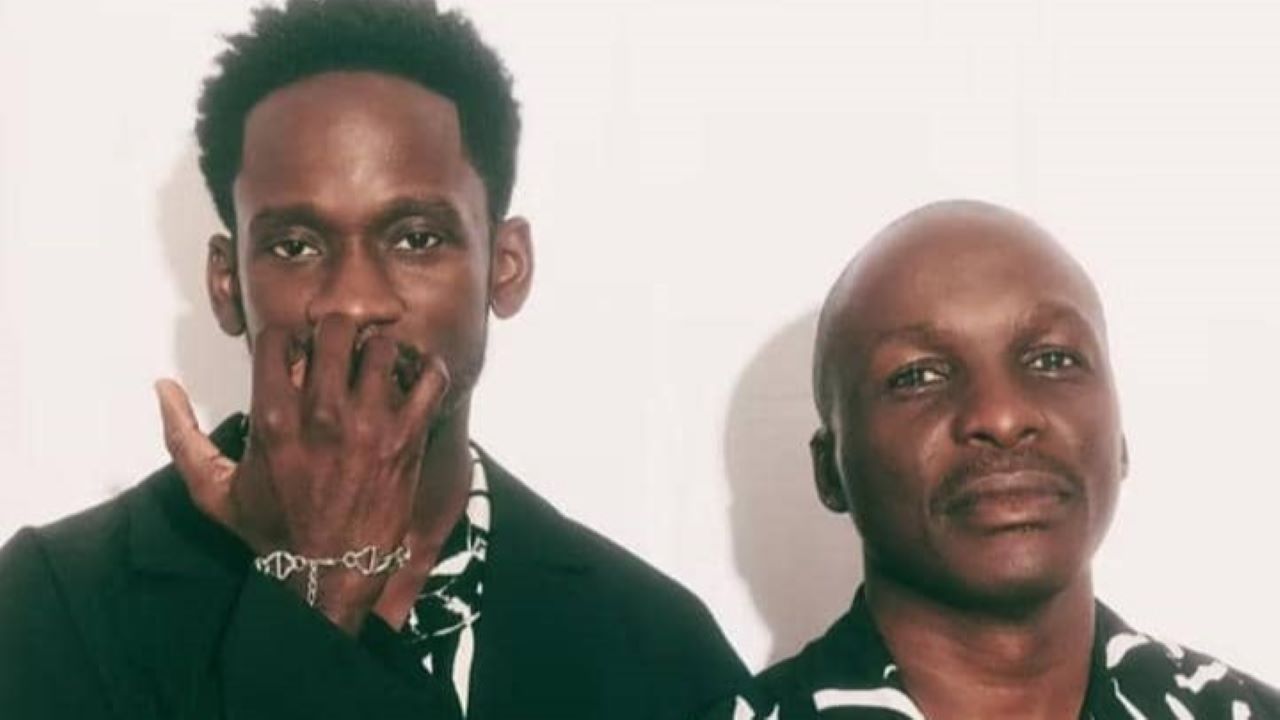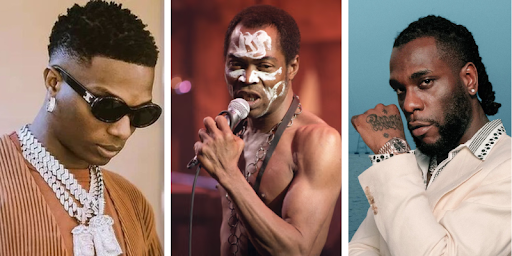
The Roots of Afrobeats: 1960s and 1970s
Afrobeats is an offshoot of Afrobeat, which was popularised in 1960s by Nigerian afrobeat singer Fela Kuti. Deriving from jazz, highlife, funk, and other African rhythms afrobeat was a revolution in itself, and so was Fela Kuti’s work, unabashedly political. Kuti used Afrobeat as a tool to condemn societal evils, and particularly political vices, particularly during the turbulent decade or so after Nigeria’s independence.
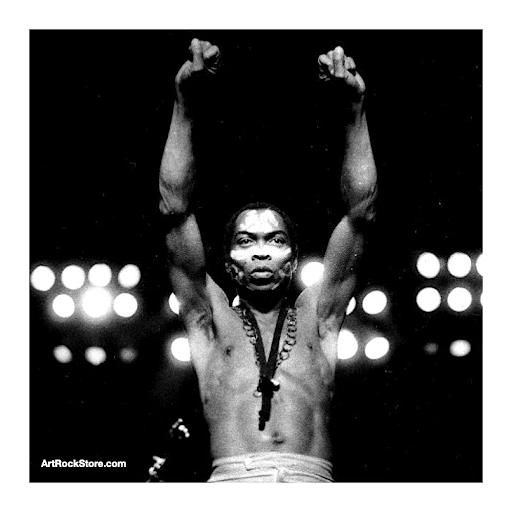
At the some time, stagnate of music changed and Kuti became latest pop icon of Nigeria with social cause. Afrobeat songs were usually between 10 and 20 minutes long, and were characterised by great use of long instrumental solo sections and steady poly-rhythmic drumming combined with powerful brass section. These compositions laid a basis for what was to become Afrobeats later on , informing the world of African music on a large scale.
The Shift Towards Afrobeats: 1980s and 1990s
Towards the end of the 1980’s and early 1990s, this traditional Afrobeat started changing due to shift in the musical taste, occasioned by easier access to Western pop and hip hop music. Sunny Ade for instance with his unique juju music was influenced by western pop and on his side Sir Victor Uwaifo with his highlife music fused western pop to African tunes.
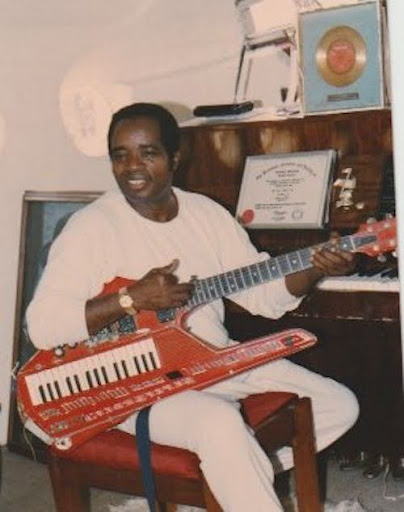
The term “Afrobeats” as it is known today started emerging as artists like Ghanaian producer and DJ Reggie Rockstone pioneered the hiplife genre, blending highlife with hip-hop. This can only be described as a transitional period where the African artist borderColor.am with electronic beats into the hip hop and R&B. It enabled young Africans tune into the music since most of them grew up watching Western-based programs and movies.
The Birth of Modern Afrobeats: Early 2000s
Contemporary Afrobeats is new and is already on its second generation; most of the current artistes started afresh, different from the first generation who were products of the early post independence ‘highlife’-adaptation movement, learning afrobeats and other forms of music via the rich legacies of West African musicians like Fela Kuti, KSE, King Sunny Ade, Ebenezer Obey and others, and world music through During this period the Nigerian artists like D’banj, 2Baba (2Face Idibia), and P-Square emerged into the limelight, with fasting pacing African music with the imports of the R ‘n ‘B, hip hop and electronic music.
Phrased with memorable hooks, lyrics that many people can easily connect to, and predominantly concise tracks perfect foe radio, Afrobeats started gaining even more traction, not only in Africa but in the African diaspora. In 2012 D’banj featured on ‘Oliver Twist,’ the first Afrobeats song to make an impact internationally with a charting position in the UK. The early part of the twenty first century set the stage for Afrobeats to fully integrate into the popular culture space as international features started to take root.
Afrobeats Goes Global: 2010s
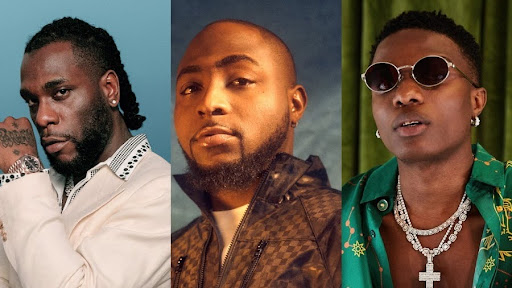
The year 2016 was a major year in Afrobeats breaking into the international market after Wizkid paired with Drake on the song, “One Dance.” Currently, the streaming of music such as spotify and you tube increased the circulation of Afrobeats across the globe.
The currently Grammy-nominated Burna Boy dropped his album African Giant in 2019 which focuses on the African heritage and squarely advocates for Africa with no apologies placing the genre Afrobeats on the map as a dominant class in the international music scene. It may therefore as well be noted that as artists from Africa started filling up internationals festivals and signing to big record companies it was very evident that afrobeats was no more unique to Africans.
The Evolution of Afrobeats Sound and Style: 2020s and Beyond
Today, Afrobeats is possibly more diverse compared to when it first came to lime light. The groups are not bounded as musical groups or artists are striving to try out different sub-genre and work with musicians from different groups of the same music domain. Now you can listen to this African music genre’s variety and vibrant performances of Burna Boy in Twice as Tall, Wizkid in Made in Lagos, and Tems as a new talent.
Afrobeats in the 2020s also take form from digital media and social media applications such as TikTok as numerous challenges and dances have ultimately been a source in introducing massively successful Afrobeats tracks. The impact has also grown in relation with pop leaving behind its original influence in the type, and modern popular compositions contain parts with African rhythms and drums in the style of Afrobeats.
Afrobeats’ Cultural Impact and Future Prospects
In fact, Afrobeats has not only helped to redefine African music but also changed the way people see Africa and its youth negatively. This has made the genre a viable platform through which artists express themselves; embrace their cultural values and present true African narratives in thei Approximately the last decade, the genre is pervading globally activism and movements such as fashion, dancer and African power union movement.
As more African artistes are feted with awards, inking record deals with international companies, and breaking records in terms of streaming, the future of afrobeats seems bright. Even as up-coming artists with unique approaches to making Afrobeats introduce the genre to new audiences and enhance its development, it is believed to do more of the same in future.
But to understand the power of Afrobeats today, it’s important to appreciate the genre has advanced from Nigerian and Ghanaian streets to the main stage. As an astounding mix of tones Afrobeats is unashamedly African, as a music form that sees creativity and the ability to endure as its strengths, it is music of a continent. Afrobeats remains a stark and glowing example of how music can be used and still has the potential of being used to foster unity, creativity and cross culturalism.



